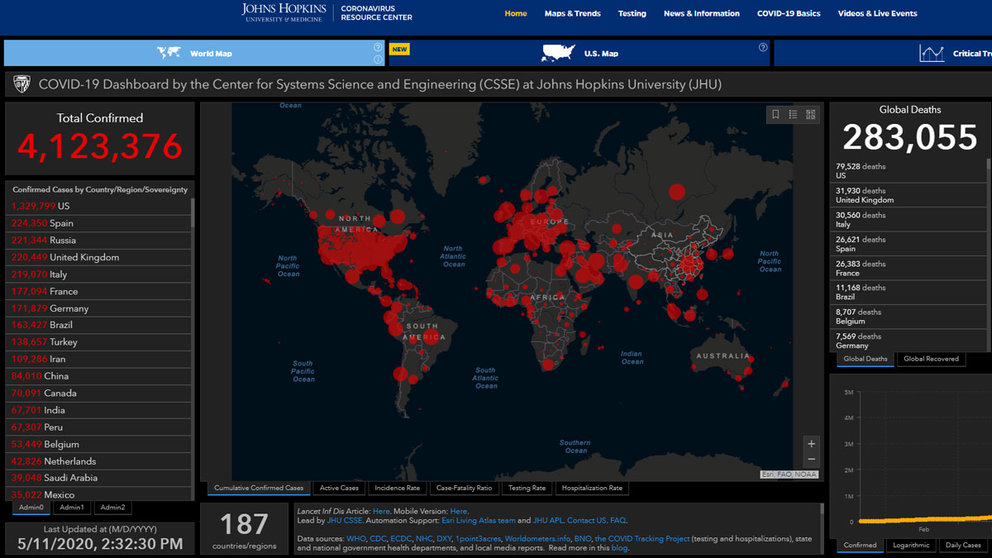The phone did not stop ringing. It was half past eight on a Thursday morning. Still in my pyjamas and half asleep, I picked it the receiver and yawned.
“Hello Matthew, sorry to call so early. Put the TV on.”
Just three days before Spanish national elections, on the 11th March, 2004, 10 bombs had ripped through four trains carrying rush hour commuters into Madrid. 193 innocent civilians had been murdered and over 2000 injured. This was not an invisible enemy.
The incumbent People’s Party, led by José María Aznar, quickly announced that the attack had been carried out by Basque separatist movement, ETA. Aznar himself had been the target of an ETA attack earlier in his career, and Spaniards had grown accustomed to their threat.
As the morning unfolded and more information came out, international media organisations such as the BBC began to point the blame towards an Islamic militant cell connected to Al Qaeda. I found myself on a work computer switching from Spanish national newspaper sites such as El Mundo, to other sites based in the UK and abroad. The contrast was stark. Whilst international outlets almost entirely focussed their hypothesis on Islamic terrorism, Spanish counterparts were fixated by the government led ETA theories. The internet was allowing us to choose between terrorism experts from all around the globe or government press releases just 3 days before the country would vote.
In the time of the Covid-19 crisis, we can see some heads of state scramble to save the economy, whilst failing to protect those most at risk in the society
As more details came to light over the following 24 hours, I had expected Aznar to come round to the idea that it might not have been ETA. His unpopular policy of sending troops into Iraq alongside the Americans and British in 2003 had made Spain a target. But even whilst most of the world’s media had accepted or at least debated Al Qaeda’s involvement, Aznar would not budge.
Arguments were beginning to break out in bars as ‘the two Spains’ began to remove their masks. With great authority, one man announced that the attacks could not have been carried out by Al Qaeda, as they did not use rucksacks to house explosives. It came very close to punches until people remembered that the real enemy was not present.
Opposition parties began to garner support in the streets, using SMS message services to organise demonstrations outside the Popular Party headquarters. Although they did not call Aznar a liar, the message was clear. “We want the truth”. Voters who were not going to vote, did. Voters who were undecided moved against the Government. In the space of a week, the Popular Party had lost a five point advantage over their closest rivals. José Luis Rodriguez Zapatero’s socialist PSOE party had fallen into power; not through their own merits, but rather by Aznar and his party’s failure to manage the crisis, and making the most of public anger on the eve of elections.
Parallels in coronavirus times
In the time of the Covid-19 crisis in which we live now, certain parallels might be drawn to the above.
As a consequence of participating in the 2003 invasion of Iraq, Aznar knew he was making Spain vulnerable to attack. Security services were fully aware of the possibility of terrorist retribution, but the monetary rewards for supporting the US were too good turn down. He then found it impossible to accept that this decision led to the tragedy in Madrid. What is more, he went on to deny any responsibility by blaming the attack on old foes. These were not decisions based on reason, evidence or truth, but rather playing politics to stay in power.
Ultimately, how much is a life worth?
Politicians, the world over, should be very wary of making the same mistake. Leaders and their opposition have a duty to protect the people whom they serve. Denying scientific evidence for political gain is irresponsible at best. We can see some heads of state scramble to save the economy, whilst failing to protect those most at risk in society, downplaying the threat of the virus and thereby encouraging many to break social distancing. On the flip side, opposition parties in some countries have been quick to criticize governments for applying strict lockdown rules, even encouraging their supporters to protest in public.
The business world must also put safety before profit. And Governments have to cover their losses in business by taking out large loans in the form of bonds
The business world must also put safety before profit. Elite football leagues are rushing to find a way to bring back the beautiful game to our screens. If they do not do so, billions of Euros will be lost. The message is clear; money trumps player, staff, and official’s wellbeing.
The damage to the economy is worrying, though protecting it at all costs will cause greater damage. We need to find a balance. Governments have to cover losses in business by taking out large loans in the form of bonds, which can be paid off over long periods. Huge investment will be needed in health services to safeguard all those working against Covid 19. In order for this to happen, those in charge must work together with rivals, rather than waste time scoring political points. Mistakes have been and will be made. We should be big enough to accept this and learn from our failings.
The management of the 11th of March crisis flashed by in three days. Decisions were made under pressure. Political ambition, war contracts and one man’s pride were put above honesty, respect and the dignity of those who died. The consequence of mismanagement for Aznar was losing power. If we do not work together, following advice from scientists, doctors, economists and other experts, the consequences will be much greater than a failed election.








